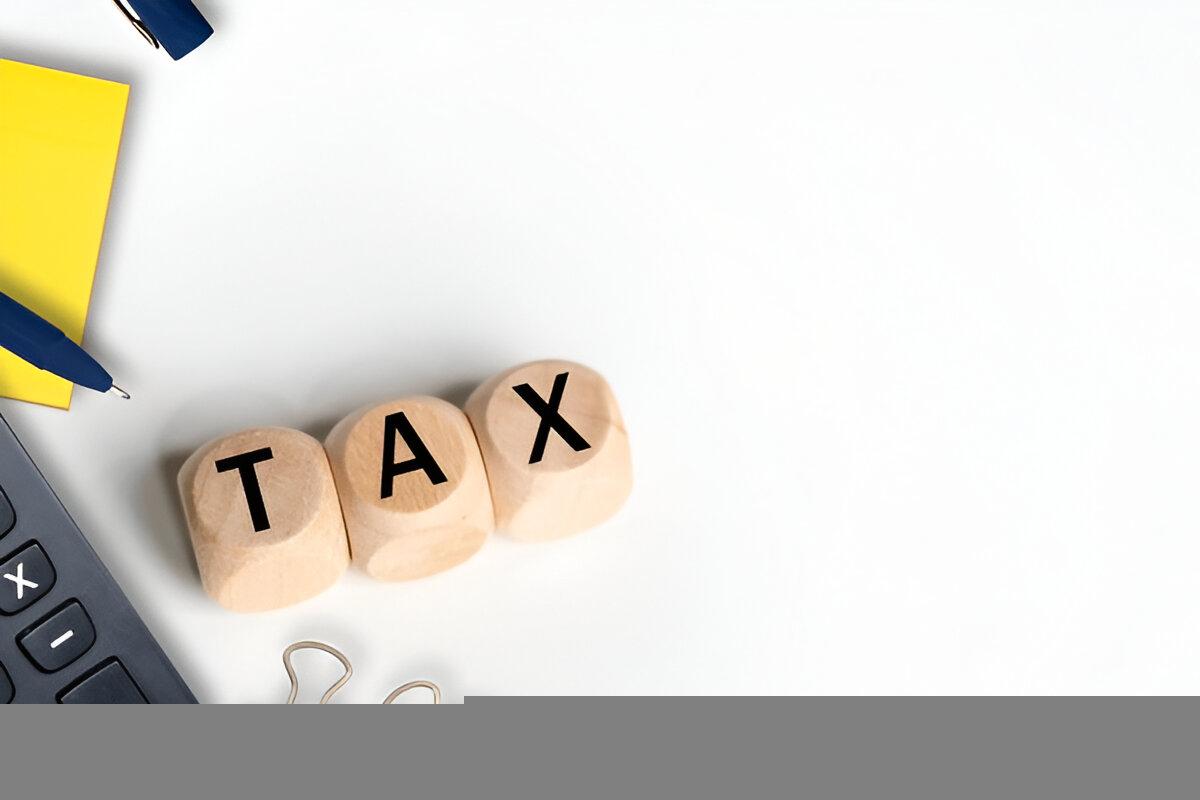Small businesses in India are used to dealing with change. From customer preferences to supply issues, they’ve learnt how to adjust quickly. But there’s one area that often goes unnoticed until it starts affecting the numbers—tax policies.
When corporate tax rates are revised, it might not make headlines for small business owners. Still, the effects quietly show up. It could influence how much money stays in the business, what gets invested back or whether there’s enough to hire one more person. These shifts may not feel dramatic at first, but they have a way of reshaping plans, especially for businesses that are still finding their feet. This blog explores how these changes are being felt on the ground.
Corporate tax for small businesses
In 2025, small businesses in India with an annual turnover of up to ₹400 crores are eligible for a reduced corporate tax rate of 25%.
This lower tax rate helps such businesses retain more of their earnings, which they can use to expand operations, hire staff or manage costs better. It continues to be a significant support measure for startups and growing enterprises.
Overview of how corporate tax rates affect small businesses
- Higher profit retention due to lower tax rates
Lower corporate tax rates directly increase the amount of profit that a small business can keep after taxes. This can have a big impact on how a business plans its growth, savings and reinvestment strategy. Instead of diverting a large portion of income towards tax payments, that money can now be used for hiring, inventory or expanding services. Even a few percentage points reduction in tax can mean lakhs of rupees saved over a year for growing businesses.
- Encouragement to formalise and register businesses
With favourable tax slabs for companies with turnover below ₹400 crores, there’s more incentive for unregistered businesses and startups to formally register as private limited entities. Earlier, many small business owners preferred to operate as sole proprietors or partnerships to avoid corporate tax. Now, with lower corporate tax rates and compliance becoming easier, formalisation seems more practical and financially rewarding. This shift also opens the door to funding, better credit and structured business operations.
- Stronger reinvestment opportunities
The money saved from paying less tax can now be redirected into the business itself. For example, a small manufacturing unit might use it to upgrade machines, while a digital startup might invest in marketing or software. These reinvestments improve the long-term health and competitiveness of the business. Without the pressure of high tax outflows, small businesses feel more confident in taking calculated risks and exploring new revenue channels.
- Improved cash flow management
Cash flow is often a make-or-break factor for MSMEs. When corporate tax rates drop, the immediate benefit shows up in improved monthly or quarterly cash reserves. This helps businesses manage working capital more smoothly, especially when payments are delayed or sales are seasonal. Having steady cash flow also means less dependency on short-term loans or overdraft facilities, which often come with high interest.
- Better appeal to investors and lenders
When a small business operates under a tax-friendly structure, it shows stronger net profits in its books. This makes the company look more attractive to lenders, investors and venture capitalists. A lower tax burden means more predictable returns, which reduces the risk perception among stakeholders. For startups, this can improve the chances of raising funds at better valuations.
- Competitive edge in pricing and strategy
Lower tax rates allow businesses to operate with thinner margins while still maintaining profitability. This means they can offer better prices to customers without compromising on quality. In price-sensitive markets, this becomes a major competitive advantage. It also allows for more flexible discounting, bundling and promotional strategies that may not have been viable under higher tax burdens.
- Relief for businesses recovering from losses
For companies that experienced losses during tough years like the pandemic, lower corporate tax gives them a better chance to bounce back. Reduced tax pressure makes it easier to break even and return to profitability. It helps restore balance sheets and improves financial confidence. This is particularly important for businesses operating in tight-margin sectors like retail, hospitality and transport.
- Motivation to expand operations
When businesses see that their growth won’t be heavily penalised with higher tax rates, they are more willing to scale. Whether it’s opening a new outlet, launching a new product line or entering a new city, the reduced corporate tax acts as an incentive. Expansion now seems less risky and more manageable. Over time, this leads to job creation and increased contribution to the economy.
Conclusion
Now more than ever, small businesses need to pay close attention to how tax changes shape their everyday choices. It is not just about the rate printed on paper but how it quietly influences pricing, hiring, reinvestment and future plans. To stay ahead, it helps to not only track policy changes but also understand how they reflect in actual numbers. A good place to start is by knowing how to calculate taxable income correctly. Once that’s clear, the bigger financial picture becomes a lot easier to manage.



































